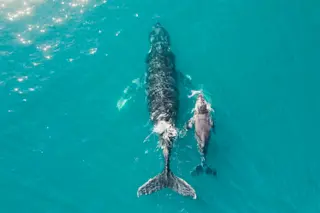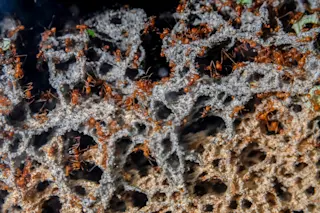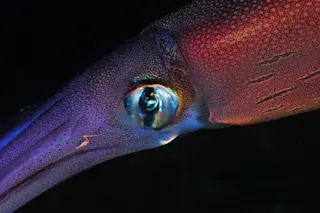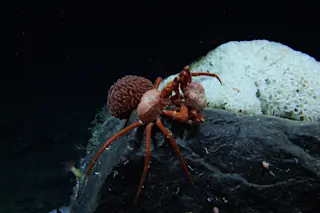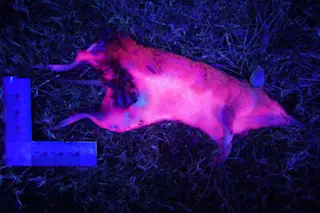Here's the fourth winning question about Microcosm, from Sigmund:
Creationists often point to the bacterial cell and say something to the effect of "the cell is so complicated it is highly improbable that it could have spontaneously formed - therefore God-did-it. Are there any particular features of E.coli that reveal simpler origins?
The answer below the fold... In Microcosm, I tell the story of how E. coli was embraced by the creationists. In particular, they adore the flagellum, the fast-spinning tail that E. coli and many other bacteria use to zip around. As far back as 1981, people from the Institute for Creation Research were announcing that the flagellum was like a Mazda engine--and the alleged likeness was evidence that it was created rather than evolved. The same argument was repurposed in the 1990s as evidence for "intelligent design"--aka, the progeny of creationism. The flagellum could not have evolved, it ...




